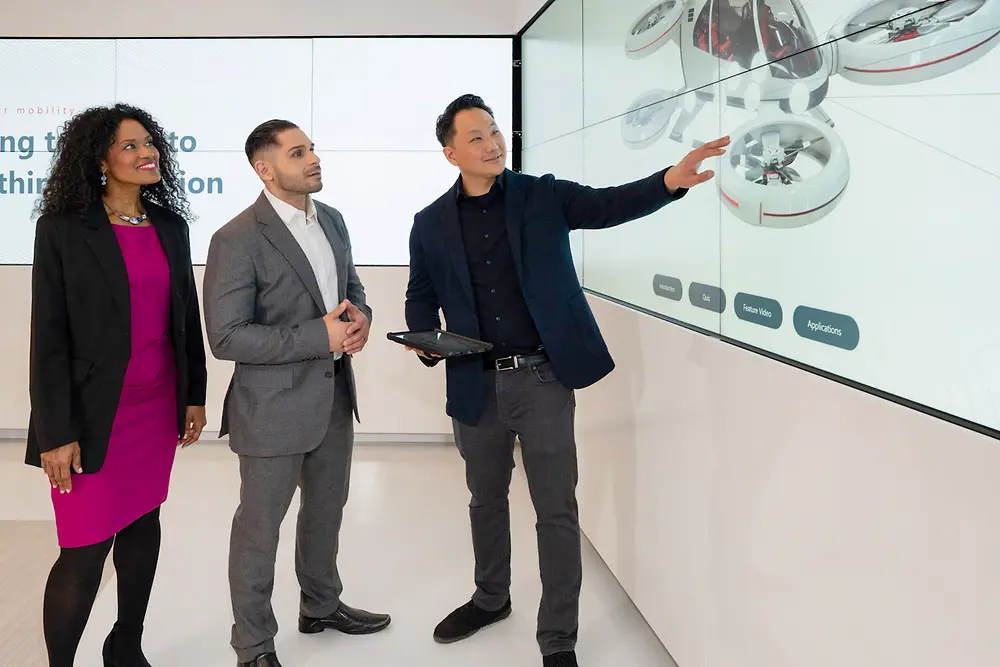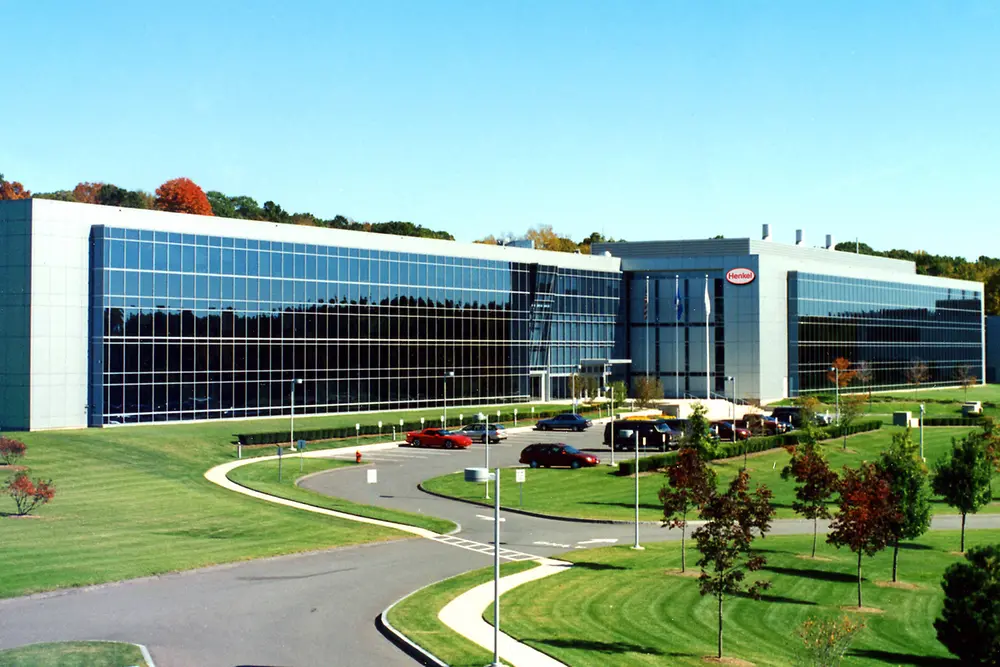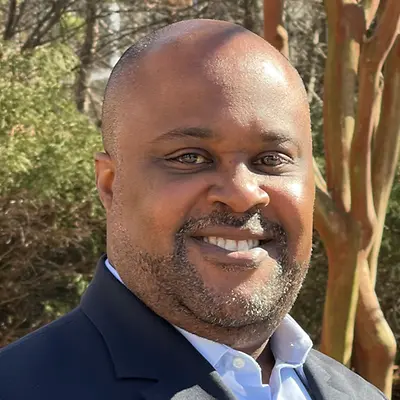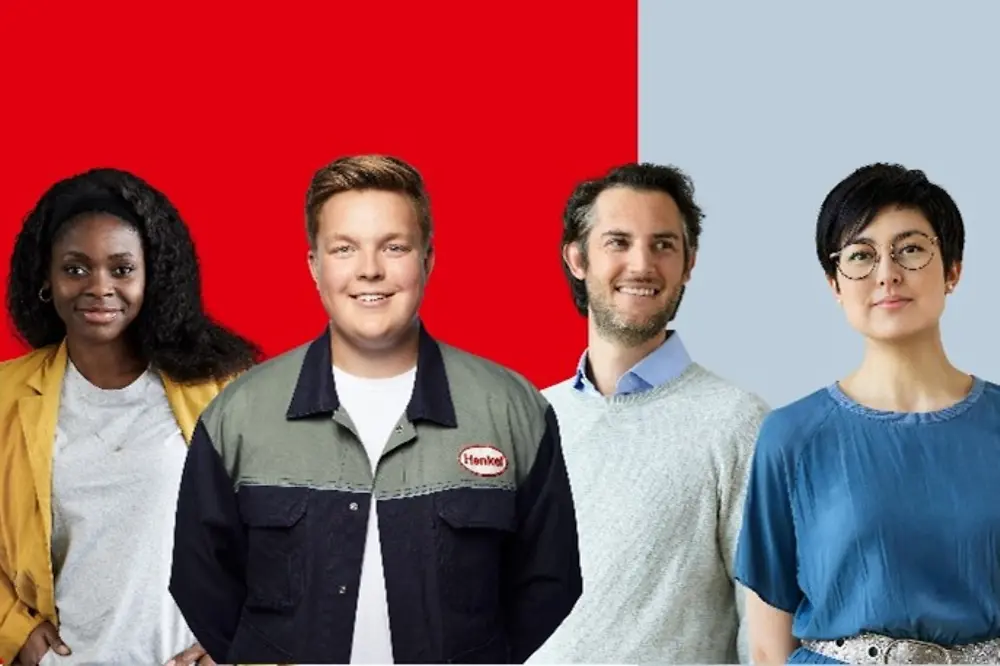Clayton Sinclair III, Director, Diversity, Equity & Inclusion, Henkel North America
As Henkel North America’s Director, Diversity, Equity & Inclusion, Clayton Sinclair works with leaders across the company to find ways to integrate diversity, equity and inclusion into Henkel’s business and to help ensure that conversations about inclusion and celebrations of Henkel’s diverse workforce are happening on a continuous basis – not just during awareness months and around important holidays. He does see the merit, however, in using key moments in times like Black History Month to educate people on the past and help them understand how these events have shaped the society we live in today.
“It is important that people realize that Black history is American history, and that everyone – regardless of their race and ethnicity – understands the breadth and depth of the contributions of the Black community and the challenges they’ve faced and continue to face,” Clayton says. “It is impossible to understand or participate in the racial dialogue taking place today without understanding how we got here.”
In Clayton’s view, Black History Month is one part of an ongoing journey of learning about other people’s histories and lived experiences. We need to learn more about the triumphs and achievements of Black Americans, Hispanics, Asian Americans and all other groups and minorities whose stories are missing from history books. By having open and honest conversations, people of all backgrounds can take the opportunity to learn something new and better understand the role they can play in ending racial bias and injustice.
“The Civil Rights Movement and the work of people like Dr. Martin Luther King, Jr. may have taken place over 50 years ago, but many of the injustices and freedoms they were fighting for are the same injustices and freedoms being fought for today,” said Clayton. “Racial bias continues to permeate our society and we need to keep putting in the work.”
“If everyone could do one small thing to try and end racism, we’d be shocked by how much we could accomplish,” Clayton says. “My father was a Freedom Rider, a student who rode the buses down to the Jim Crow south to advocate for racial equality. What first started as a bunch of kids taking small actions – like sitting at ‘white only’ counters’– set in motion an entire movement.”
Changing perceptions and advocating for meaningful progress is everyone’s responsibility. Henkel takes that responsibility to heart. Clayton is inspired by the actions and passion he sees of people across Henkel who are standing up to be advocates and allies at work and in their communities. “Whether it’s joining Employee Resource Groups, participating in webinars with Henkel leaders and external speakers, taking online courses, or sharing personal experiences, education is taking place and the dialogue is constantly growing. Through this, the root of the issues and the work needed to solve them becomes less abstract.”
“In an ideal world, my position wouldn’t even exist, and if we continue to put actions behind our words, hopefully one day it won’t,” he says. “Until that day comes, however, we must keep having hard conversations about race and push through the discomfort. We must recognize that the history we’ve been taught has been done so through a white lens and is therefore limited. There is so much to learn if we venture outside our bubbles and listen to take small steps that make a big impact in creating a more just world.”









